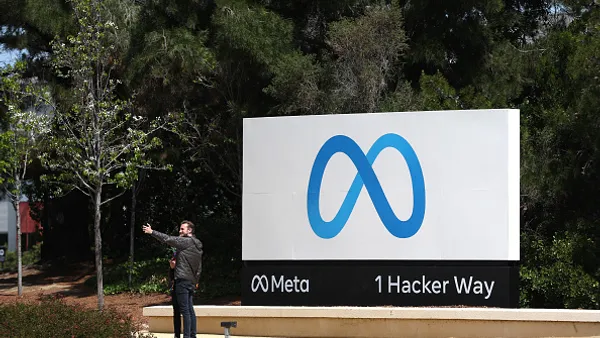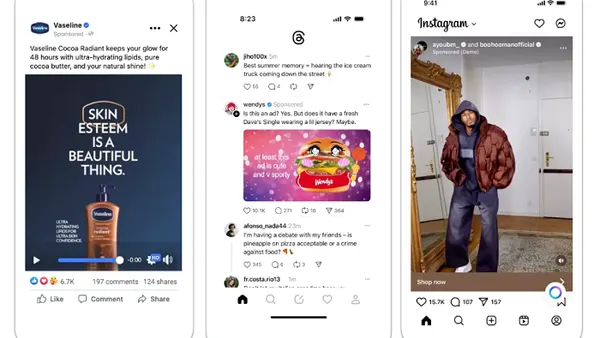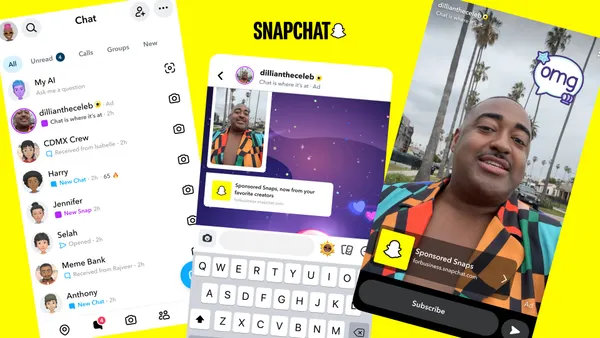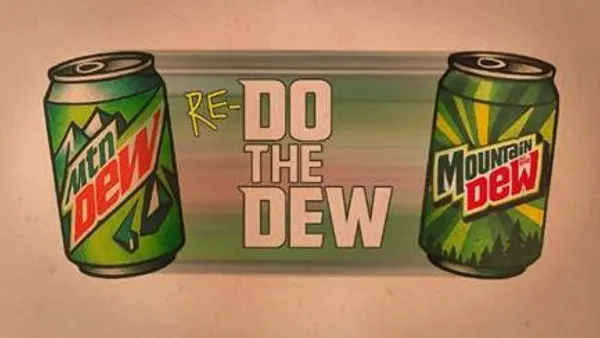Brief:
- At CES this week, Honda is demonstrating an updated iteration of the prototype vehicle infotainment system that was first introduced as a concept at the event two years ago, according to a press release. The system now features integrations with brands like Lego, Grubhub and Mastercard to test how best best to provide in-vehicle entertainment, commerce, services and rewards through connected dashboards for drivers and passengers.
- The carmaker also is testing a points-based loyalty program that lets customers earn rewards for activities such as buying services, streaming music and video and playing games.
- AAA, DC, Entercom/Radio.com and Univision Music are among the brands integrated in the carmaker's passenger dashboard. Honda added payment services Mastercard and PayPal to its in-car commerce platform after working with Visa since 2016. Atom Tickets, Chevron, iHeartRadio, Parkopedia, Phillips 66, Yelp and USAA are among the brands that partnered with Honda on its voice-enabled dashboard for parking, gasoline payment, restaurant reservations, ticketing, audio, location sharing and rewards.
Insight:
The latest demonstration of the Honda Dream Drive showcases how major brands are interested in working with carmakers to provide a wide range of services to customers as they travel. Until cars become fully autonomous, safety is a key requirement for any effective infotainment system, especially considering the perils of driving while distracted by a mobile device. That's why voice-enabled services also are important for brands like Atom Tickets, Chevron and Grubhub, among others. Honda Innovations launched the developer studio in 2014 to work with software designers in creating services and experiences for drivers and passengers.
Honda Developer Studio's test of a loyalty program is likely a reaction to the trend of using ride-hailing services like Uber or Lyft instead of owning a car. The rewards program also can be a key selling point that differentiates Honda's brand from rivals, similar to airline frequent-flier programs.
While carmakers generally save their model introductions for automotive shows, CES increasingly has become a place to showcase vehicle technology. German carmaker Audi this week presented a technology that adopts virtual content to the movements of a car in real time, letting backseat passengers play video games that are linked to a car's movements. The company plans to offer it as an open platform available to all carmakers and content developers. Audi partnered with Disney to demonstrate a videogame that immerses players wearing VR headsets in a computer-generated spaceship.











